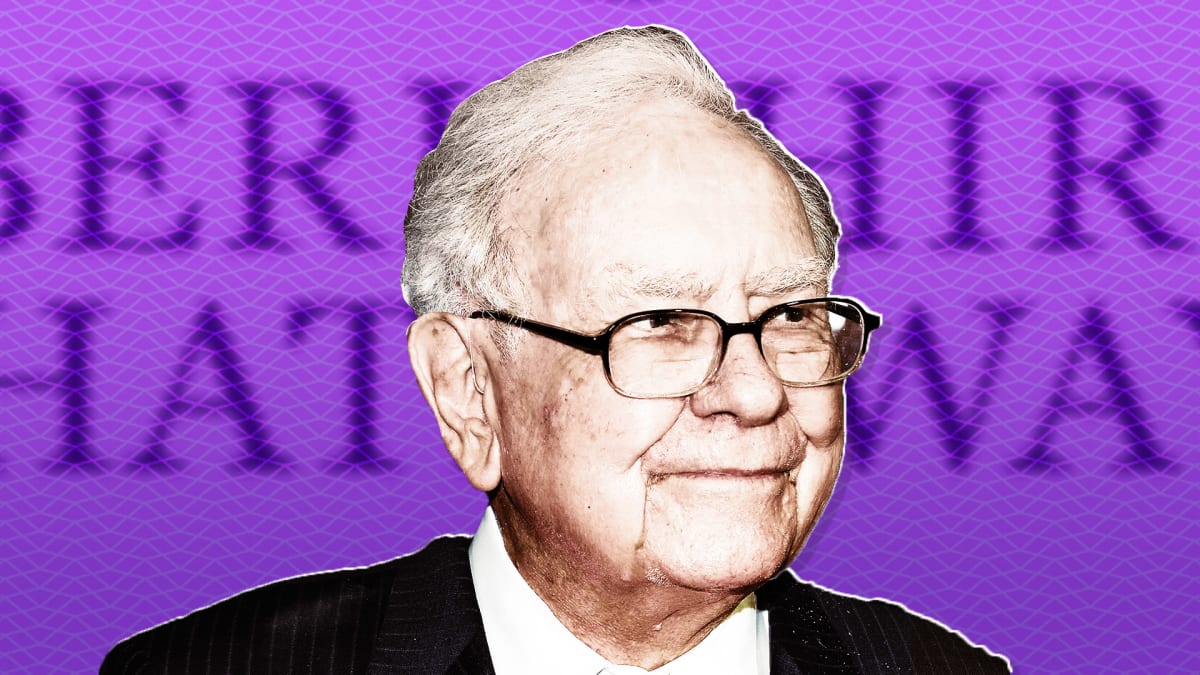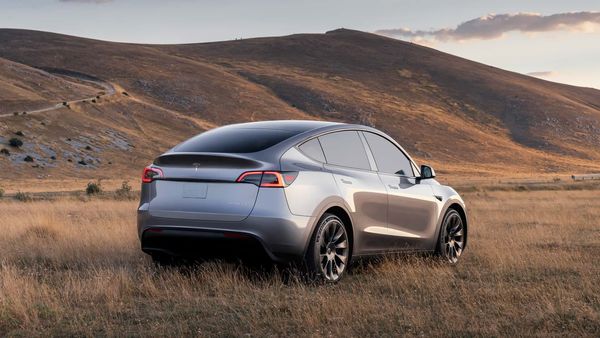
In his annual letter to shareholders, Berkshire Hathaway (BRK.A) chairman and CEO Warren Buffett offered a look behind his company's curtain.
The letter, released Feb. 25, recaps Berkshire's 2022 performance, saying the company had a good year.
DON'T MISS: Warren Buffett's Been Quiet About His Latest Big Investment
Specifically, Buffett's letter refers to the company's operating earnings, which is what Berkshire calls its income calculated using generally accepted accounting principles (GAAP), exclusive of capital gains or losses from equity holdings. Using that calculation, Berkshire's operating earnings set a record in 2022 at $30.8 billion.
"The GAAP earnings are 100% misleading when viewed quarterly or even annually," Buffett writes. "Capital gains, to be sure, have been hugely important to Berkshire over past decades, and we expect them to be meaningfully positive in future decades. But their quarter-by-quarter gyrations, regularly and mindlessly headlined by media, totally misinform investors."
Buffett says that Berkshire's "satisfactory" results over its 58 years are from an advantage that favors long-term investments.
The billionaire mentions the fact that it was 1994 when Berkshire completed its purchase of 400 million shares of Coca-Cola (KO). He says the total cost was $1.3 billion.
"The cash dividend we received from Coke in 1994 was $75 million," Buffett wrote. "By 2022, the dividend had increased to $704 million. Growth occurred every year, just as certain as birthdays."
Buffett expects those checks to continue to grow, he wrote.
He explains how Berkshire's position in American Express (AXP) is a similar story. The purchases were completed in 1995, also for $1.3 billion. The annual dividends grew from $41 million to $302 million and also seem likely to keep increasing, he said.
"These dividend gains, though pleasing, are far from spectacular," Buffett wrote. "But they bring with them important gains in stock prices. At year end, our Coke investment was valued at $25 billion while Amex was recorded at $22 billion. Each holding now accounts for roughly 5% of Berkshire’s net worth, akin to its weighting long ago."
Buffett asks Berkshire shareholders to imagine a scenario where he had made a similarly-sized investment in the 1990s, such as a high-grade 30-year bond, that had disappointing returns.
"That disappointing investment would now represent an insignificant 0.3% of Berkshire’s net worth and would be delivering to us an unchanged $80 million or so of annual income," he wrote.
He then spelled out what he sees as the lesson for investors in this story.
"The weeds wither away in significance as the flowers bloom," he wrote. "Over time, it takes just a few winners to work wonders. And, yes, it helps to start early and live into your 90s as well."







